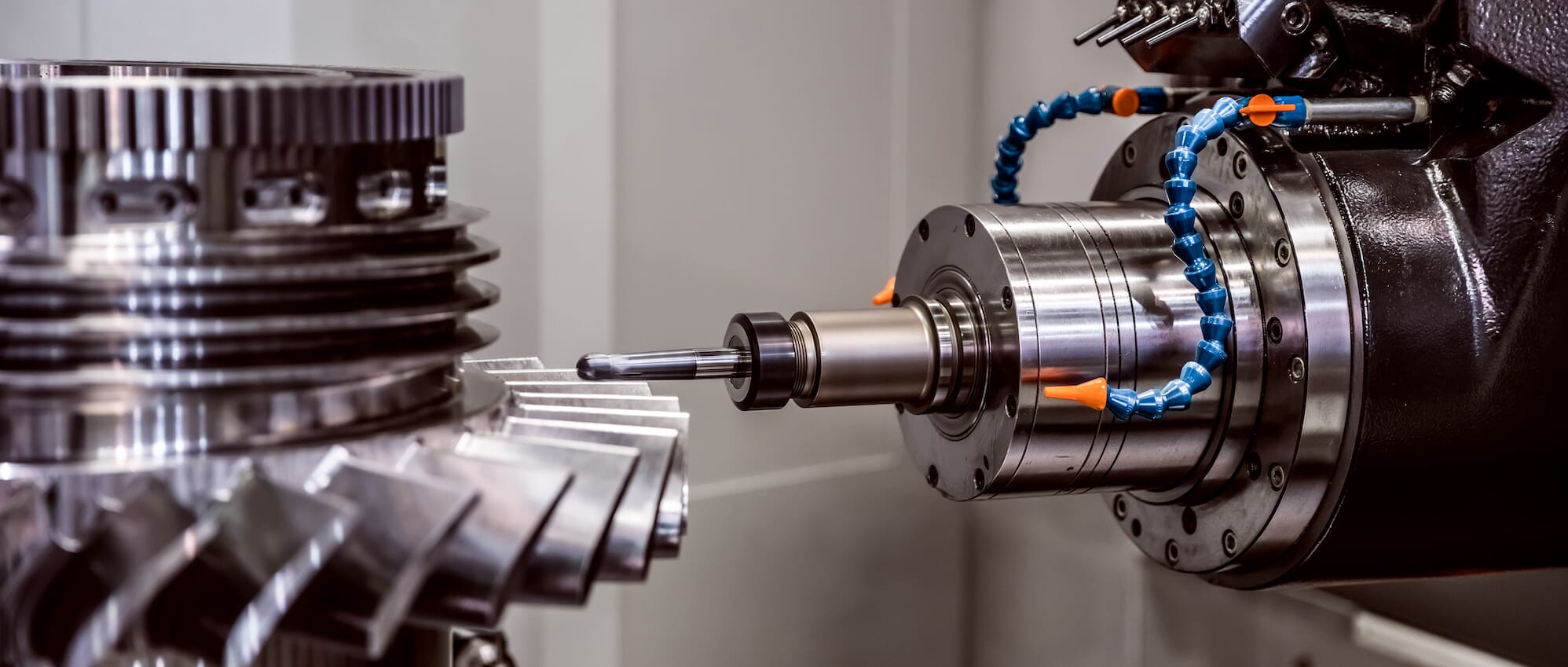Getting The Alcast Company To Work
Table of ContentsNot known Details About Alcast Company All about Alcast CompanyGetting The Alcast Company To WorkHow Alcast Company can Save You Time, Stress, and Money.The smart Trick of Alcast Company That Nobody is Talking AboutWhat Does Alcast Company Mean?
The subtle difference hinges on the chemical web content. Chemical Contrast of Cast Aluminum Alloys Silicon promotes castability by lowering the alloy's melting temperature and enhancing fluidness throughout spreading. It plays an essential function in enabling elaborate molds to be loaded precisely. In addition, silicon adds to the alloy's toughness and wear resistance, making it beneficial in applications where longevity is crucial, such as automotive parts and engine components.It likewise boosts the machinability of the alloy, making it much easier to process right into finished items. This way, iron adds to the overall workability of light weight aluminum alloys. Copper raises electrical conductivity, making it useful in electrical applications. It additionally improves rust resistance and includes in the alloy's total strength.
Manganese contributes to the toughness of light weight aluminum alloys and improves workability. Magnesium is a lightweight component that supplies strength and effect resistance to light weight aluminum alloys.
The Ultimate Guide To Alcast Company
It enables the manufacturing of lightweight parts with exceptional mechanical properties. Zinc improves the castability of aluminum alloys and aids control the solidification process during spreading. It improves the alloy's stamina and firmness. It is often found in applications where detailed shapes and fine information are required, such as ornamental castings and specific vehicle components.

The main thermal conductivity, tensile stamina, yield stamina, and elongation vary. Select ideal raw products according to the performance of the target item generated. Amongst the above alloys, A356 has the highest possible thermal conductivity, and A380 and ADC12 have the least expensive. The tensile limitation is the opposite. A360 has the ideal return strength and the highest prolongation price.
Some Of Alcast Company
In precision spreading, 6063 is well-suited for applications where intricate geometries and premium surface area finishes are vital. Examples include telecommunication enclosures, where the alloy's remarkable formability permits sleek and cosmetically pleasing styles while maintaining structural stability. Likewise, in the Lighting Solutions industry, precision-cast 6063 components develop elegant and effective illumination fixtures that call for intricate forms and excellent thermal efficiency.
The A360 displays exceptional prolongation, making it perfect for complex and thin-walled elements. In accuracy casting applications, A360 is appropriate for sectors such as Consumer Electronic Devices, Telecommunication, and Power Devices.
Alcast Company Can Be Fun For Everyone
Its special residential properties make A360 a beneficial choice for accuracy spreading in these industries, improving product resilience and top quality. Aluminum alloy 380, or A380, is a widely made use of casting alloy with several distinct features. It supplies superb castability, making it an optimal choice for accuracy spreading. A380 shows great fluidity when molten, guaranteeing intricate and thorough molds are accurately recreated.
In precision spreading, aluminum 413 shines in the Consumer Electronic Devices and Power Devices industries. This alloy's remarkable corrosion resistance makes it an excellent selection for outside applications, guaranteeing resilient, durable products in the discussed markets.
An Unbiased View of Alcast Company
When you have actually determined that the light weight aluminum die casting procedure is ideal for your task, a critical following step is choosing one of the most proper alloy. The light weight aluminum alloy you pick will significantly influence both the spreading procedure and the residential properties of the last product. Due to this, you have to make your decision thoroughly and take an educated strategy.
Figuring out the most appropriate light weight aluminum alloy for your application will certainly imply weighing a wide array of features. The very first group addresses alloy attributes that influence the production process.
3 Simple Techniques For Alcast Company
The alloy you select for die spreading straight influences numerous aspects of the spreading procedure, like exactly how simple the alloy is to function with and if it is susceptible to casting issues. Warm breaking, also called solidification breaking, is a regular die casting defect for aluminum alloys that can result in interior or surface-level splits or splits.
Specific light weight aluminum alloys are a lot more at risk to warm cracking than others, and your selection needs to consider this. Another common defect discovered in the die casting of aluminum is die soldering, which is when the cast stays with the die wall surfaces and makes ejection challenging. It can damage both the cast and the die, so you ought to try to find alloys with high anti-soldering buildings.
Rust resistance, which is currently a noteworthy attribute of aluminum, can differ significantly from alloy to alloy and is an important characteristic to think about relying on the environmental conditions your item will be subjected to (Foundry). Put on resistance is another property generally looked for in light weight aluminum items and can separate some alloys